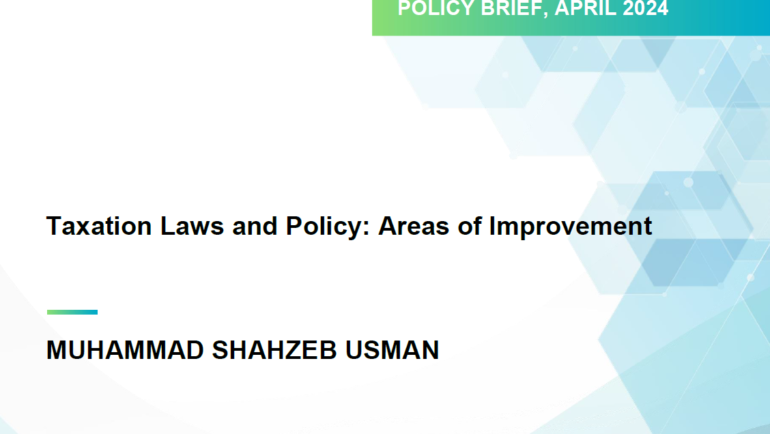Policy Brief 11/06/2024
The recent US House Foreign Affairs Committee (HAFC) Hearing on Pakistan’s general elections and the future bilateral relations offers valuable insights into the evolving dynamics of US-Pakistan relations. The Hearing emphasised that both countries should collaborate in democratic consolidation, economic partnership, counterterrorism, and regional stability. The Hearing underscored America’s concerns over electoral violence, attacks on media workers, and restrictions on access to the internet and telecom services. It also called for a full investigation of the alleged irregularities in the General Elections 2024. On the involvement of the military in politics, the “Hearing” stressed that the Pakistani military must be kept under civilian control. The US has denied the claims regarding its involvement in the cipher case or the alleged leak of diplomatic cable. The Hearing highlighted the US support for Pakistan in the form of development grants, private sector investment, and humanitarian assistance during the catastrophic flooding. However, to achieve fiscal stability and attract investment from the US, Pakistan was urged to undertake structural economic reforms. The most important trend in Donald Lu’s testimony was China to which the discussion referred many times, showing the US’ concerns over the growing relations between Pakistan and China. Lu described Pakistan as the “ground-zero” for China’s Belt and Road Initiative (BRI) and criticised China’s trading practices. Given the strained relations of the US with Iran, Lu assured Congress members that he will make efforts to prevent Iran-Pakistan gas pipeline from happening and that he was working towards that goal. Secretary Lu also shared Pakistan’s concerns on the rising threats of terrorism from Afghanistan. The core of his testimony was that while aid to Pakistan will continue, no rise in defence ties was envisaged. Secretary Lu’s prioritisation of US’ goals in relations with Pakistan reflect the future trends of US-Pakistan relations. Fight against terrorism tops the list, which means despite the negotiations about diversification in relations, the relations with Pakistan will continue to remain security-centric.


